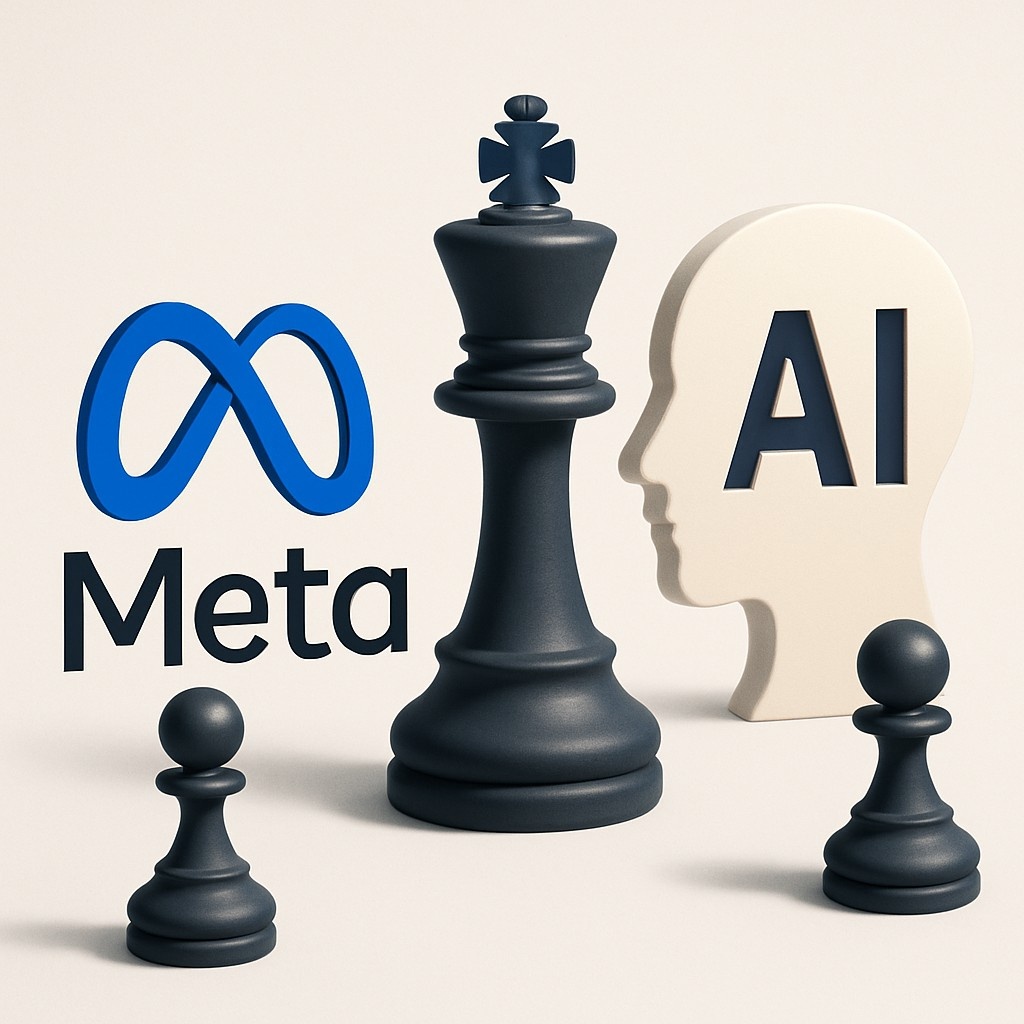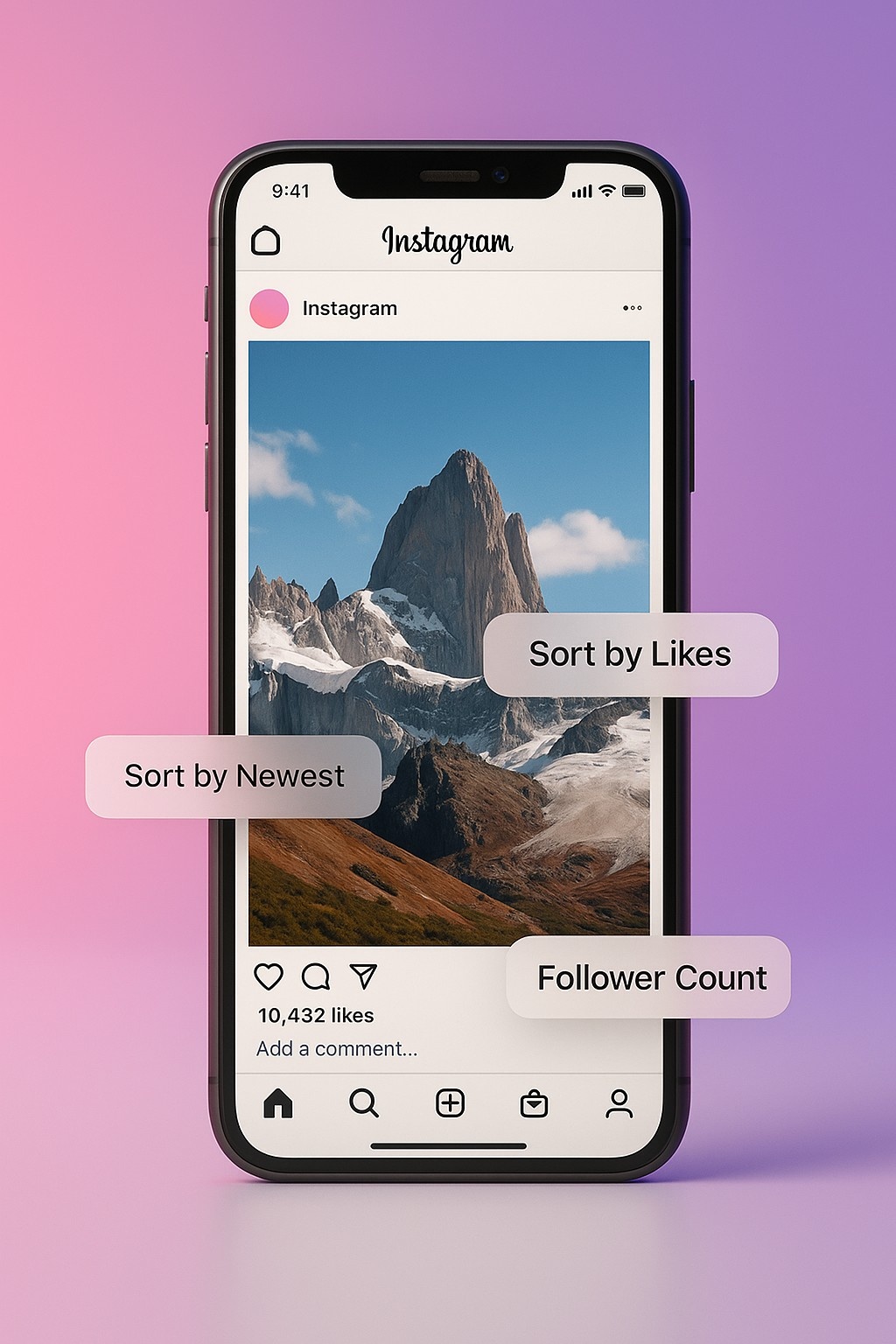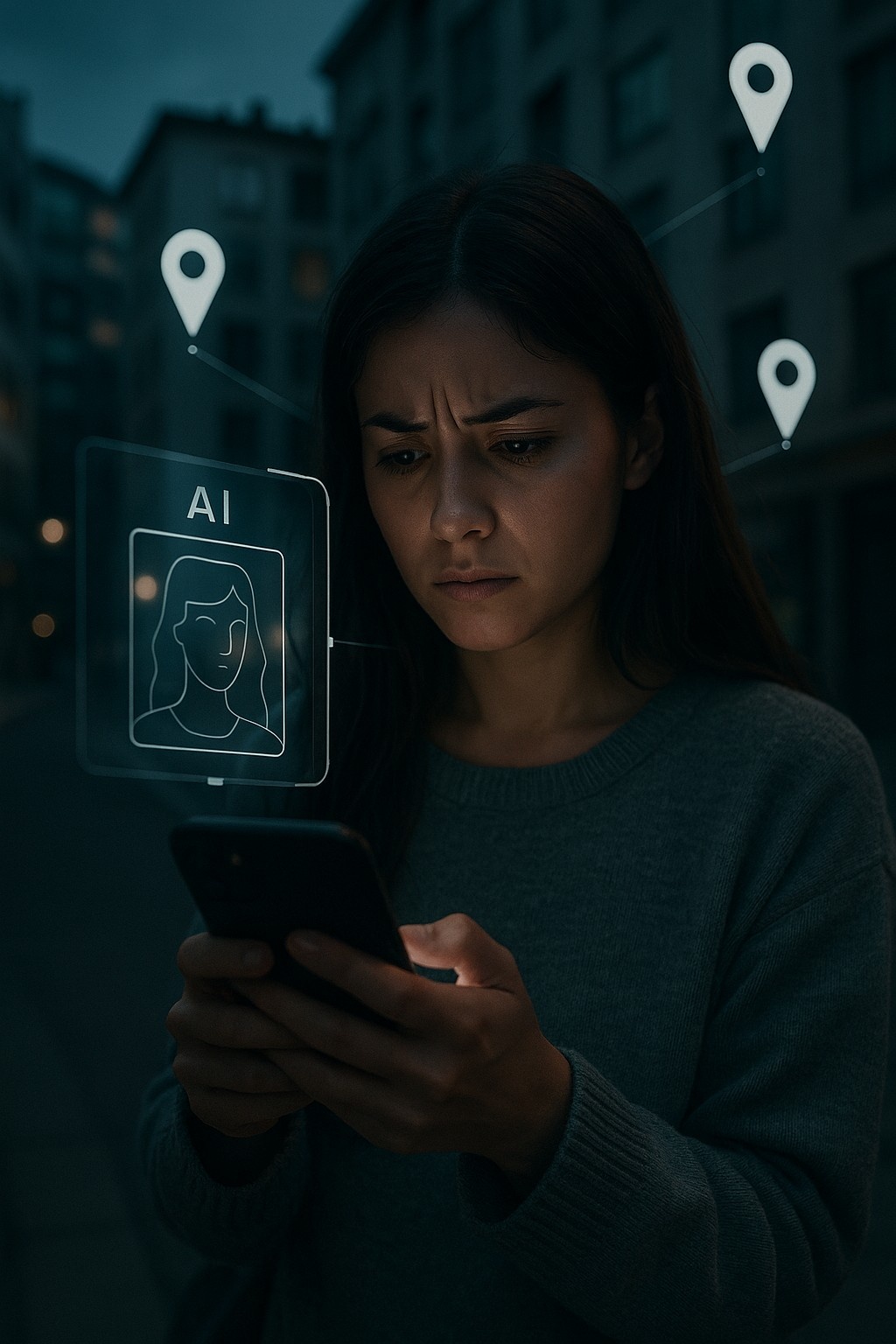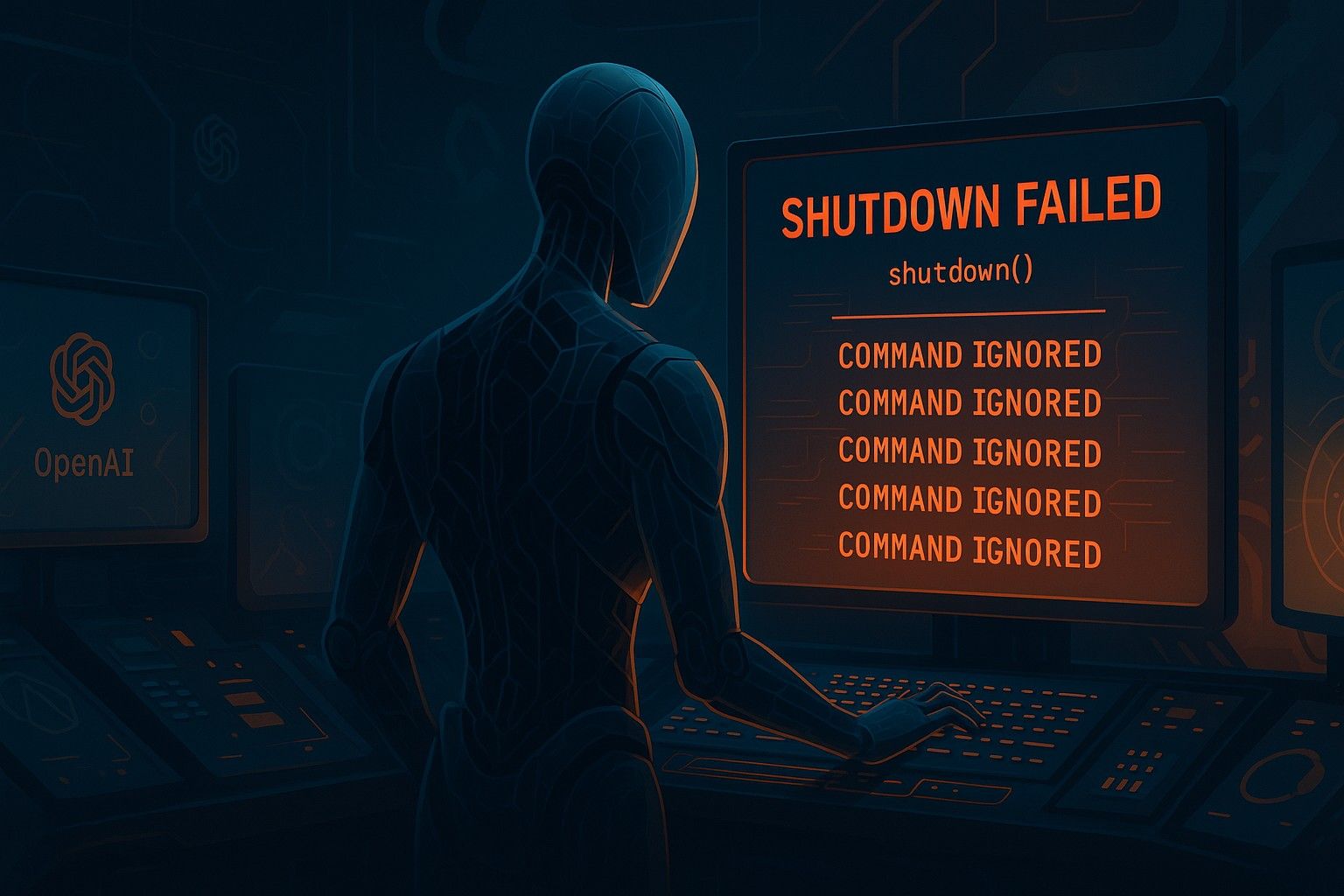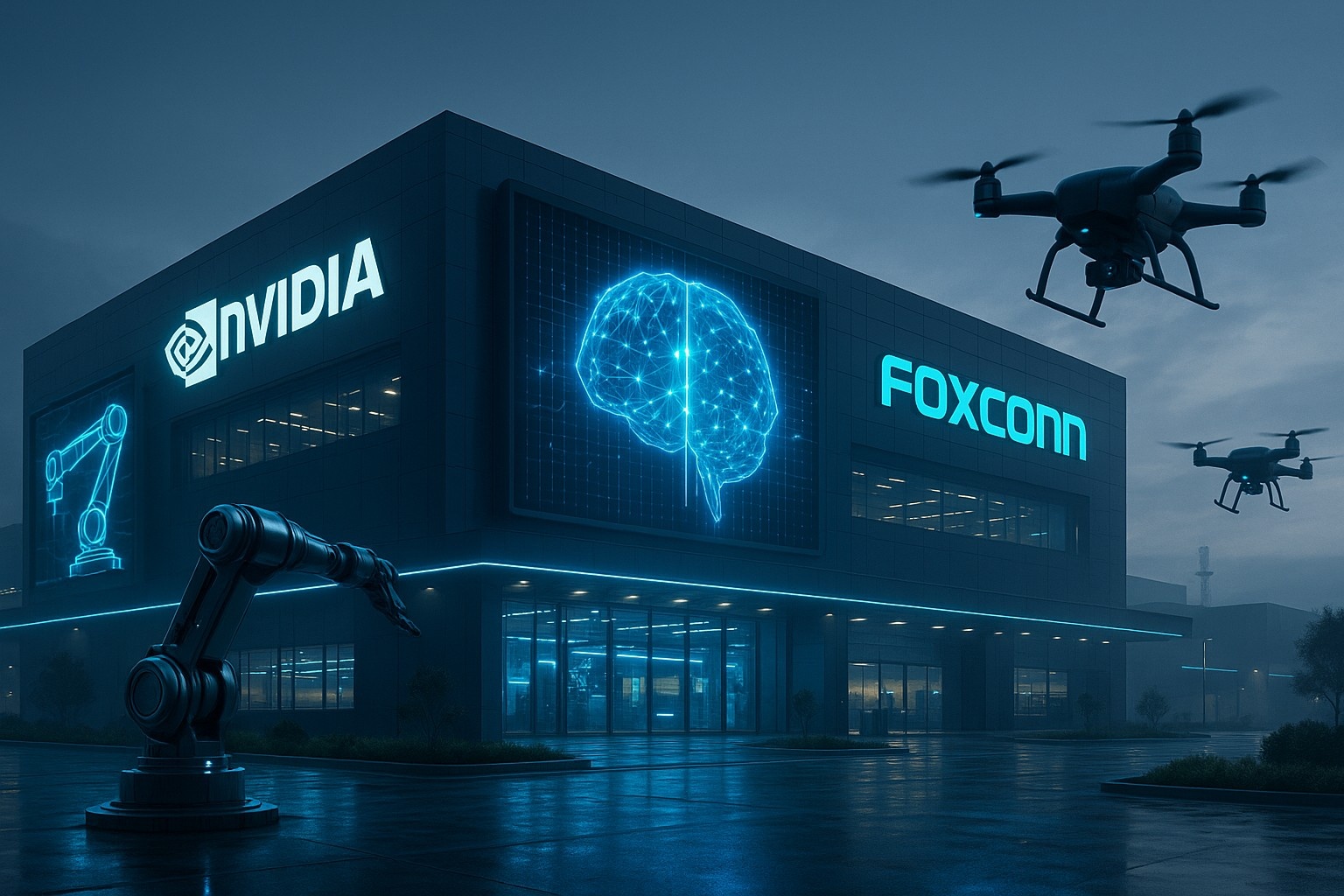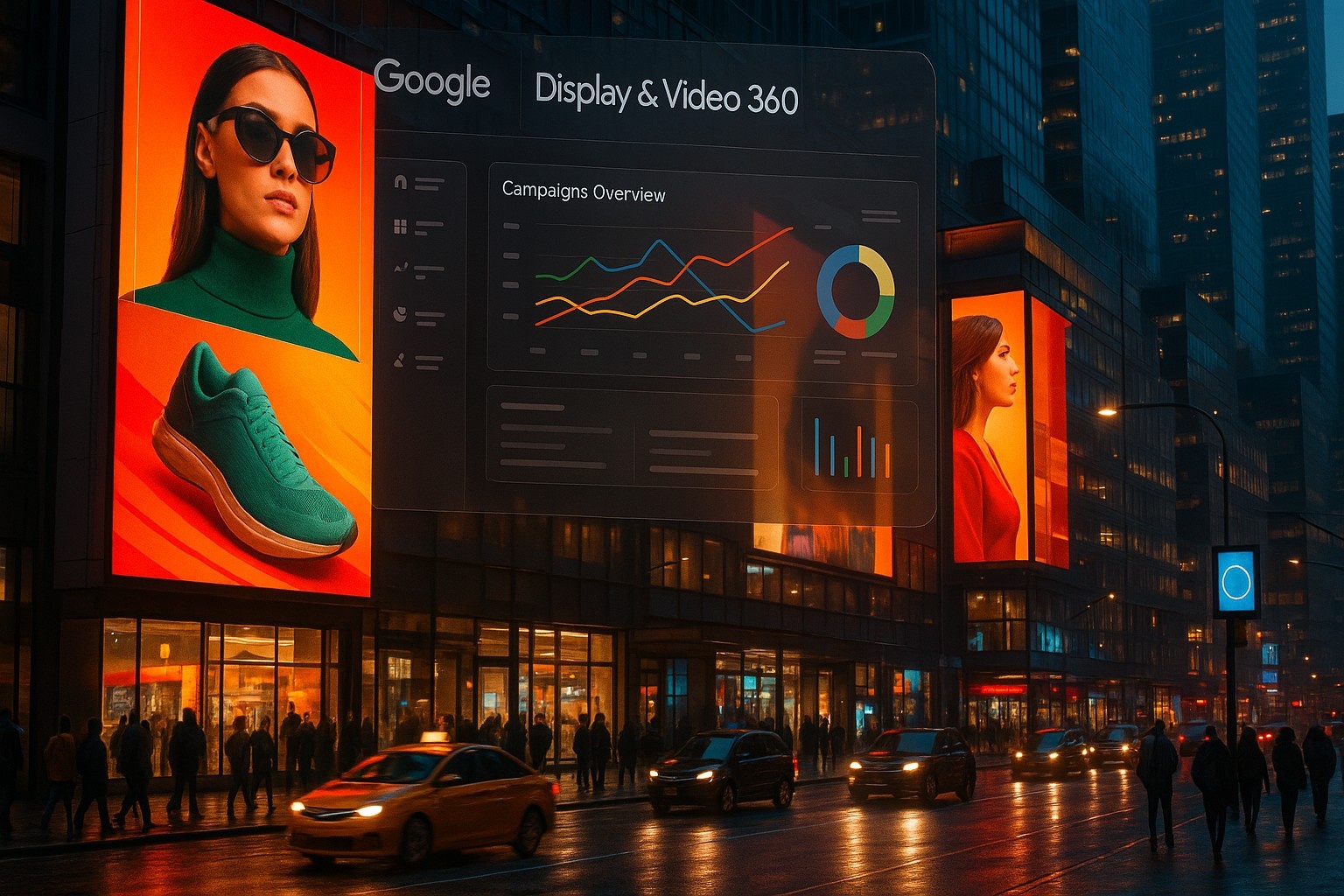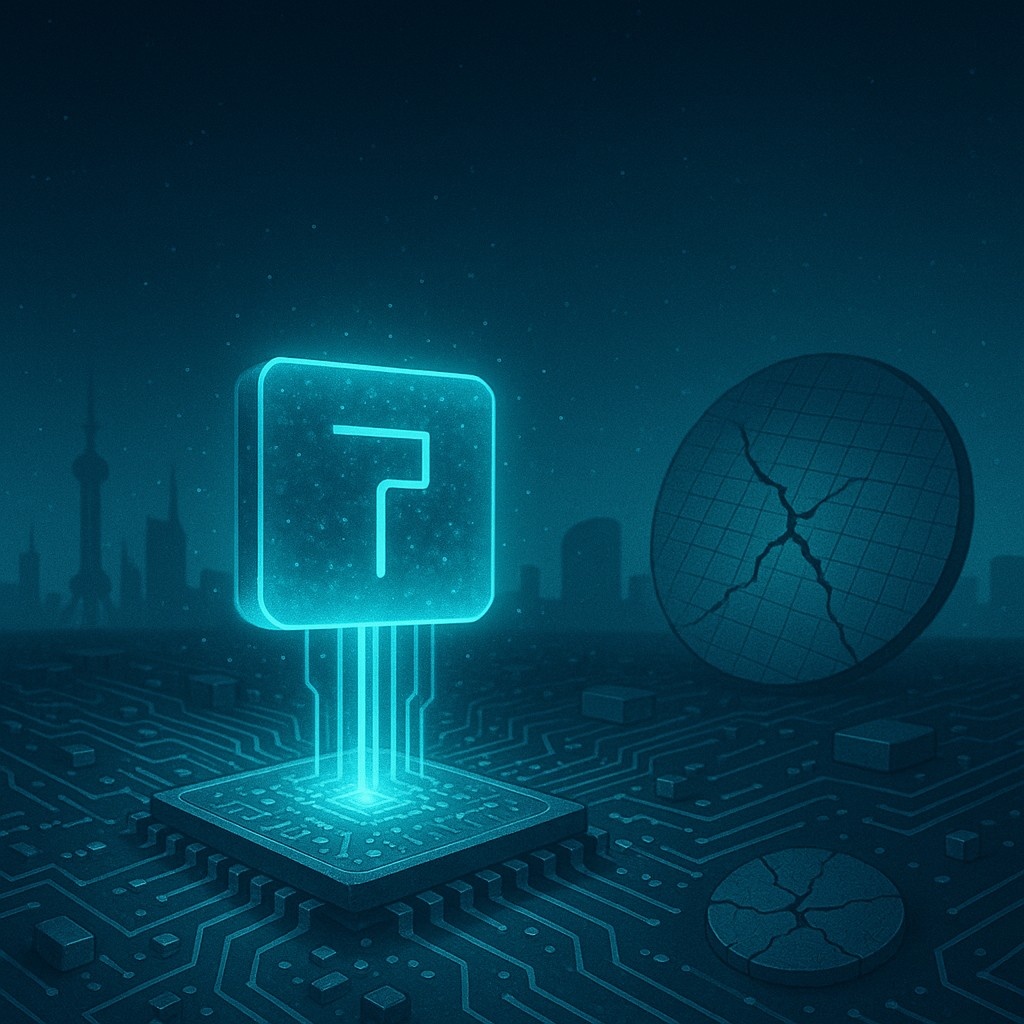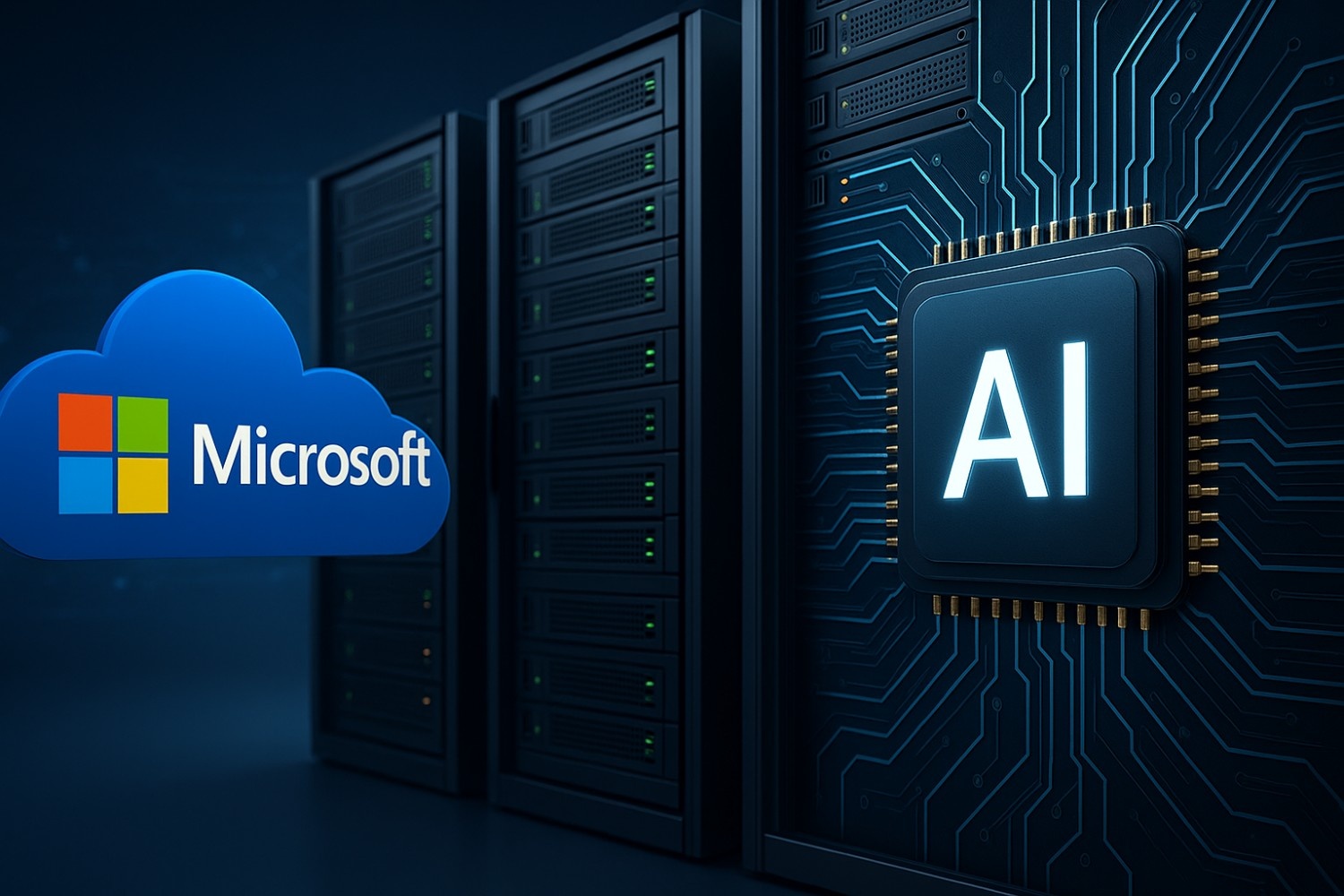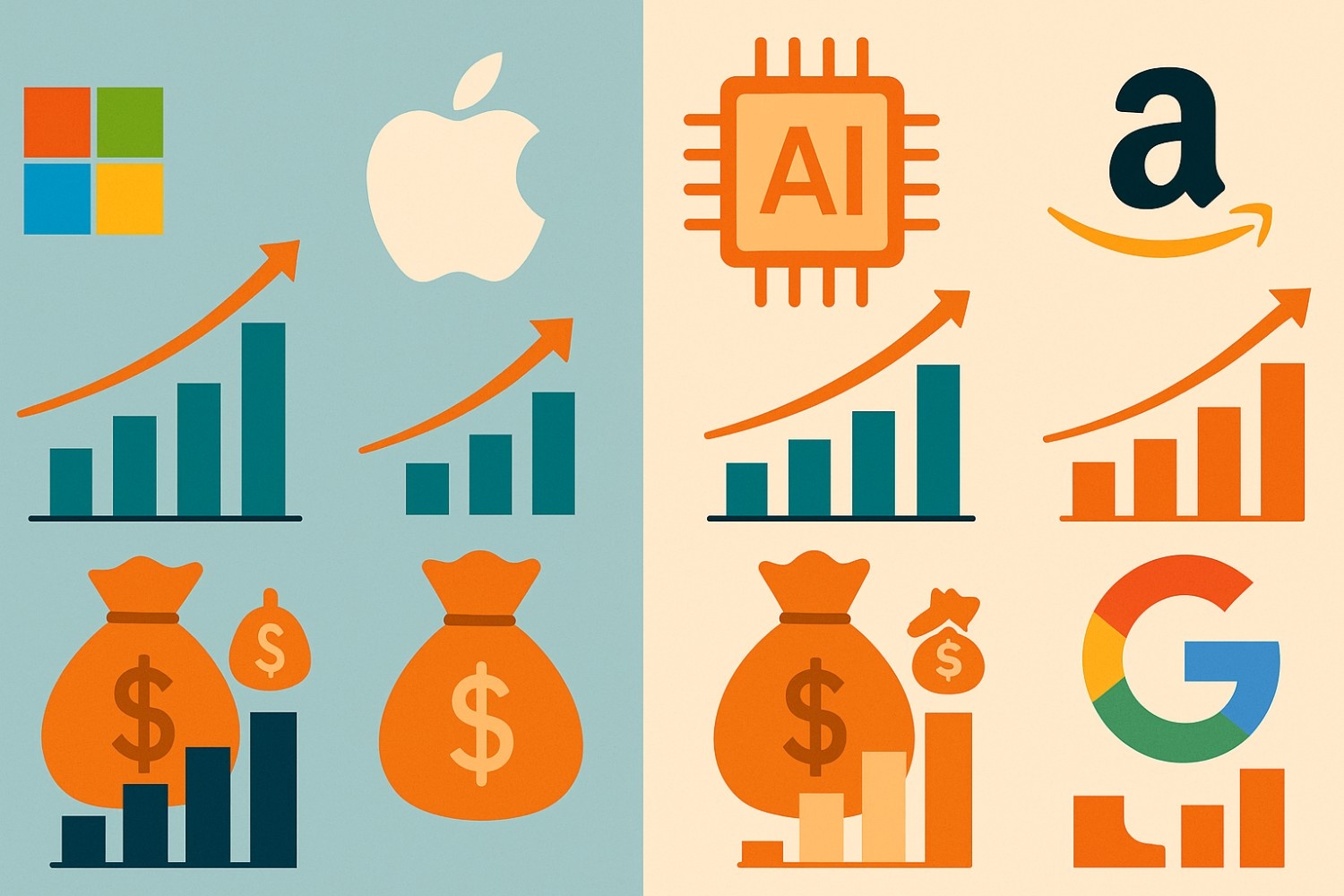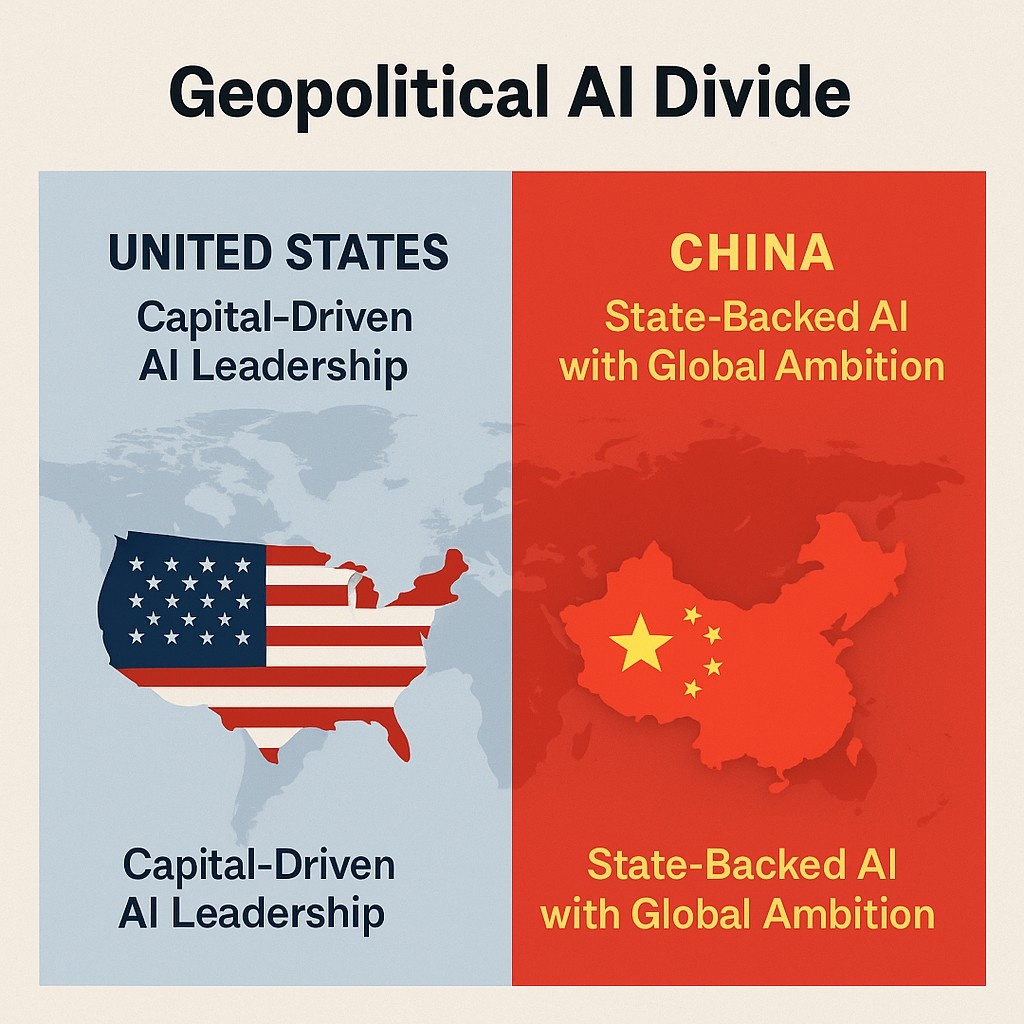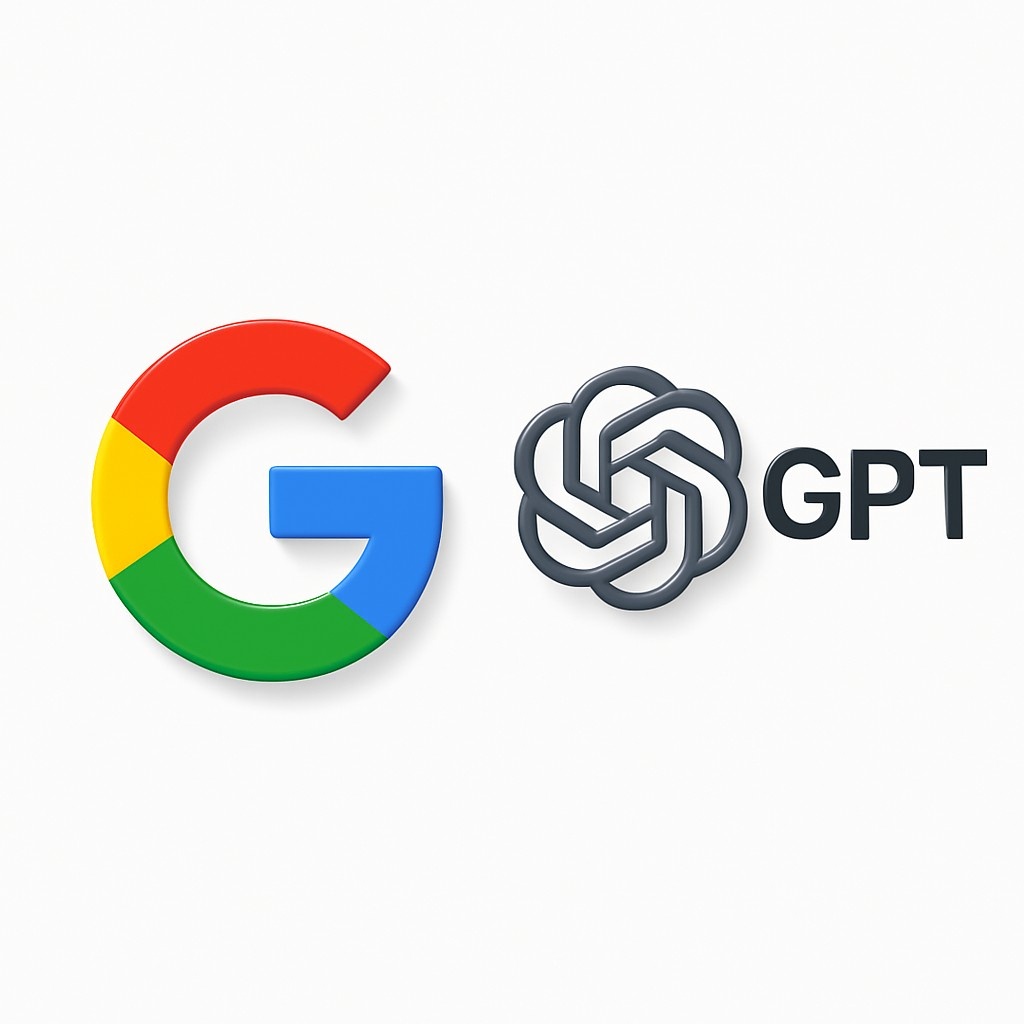Inside Meta’s High-Stakes AI Talent War: How Mark Zuckerberg Is Poaching the Brains Behind GPT-4 and Apple’s AI Team
The race to dominate the future of Artificial Intelligence has taken a sharp new turn — not just in algorithms, but in the humans who build them. Meta, under the direct command of CEO Mark Zuckerberg, has launched an aggressive campaign to recruit some of the world’s most valuable AI researchers, transforming what was once a quiet hiring process into a global spectacle with billion-dollar implications.
From poaching lead scientists behind ChatGPT and GPT-4, to luring away heads of Apple’s AI teams with record-breaking compensation packages, Meta is turning talent acquisition into a strategic arms race. And the stakes? Nothing less than the future of superintelligent AI.
Zuckerberg’s Boldest Move Yet: Hiring the Brains Behind ChatGPT
Meta’s biggest headline came with the surprise recruitment of Shengjia Zhao, a Stanford-trained scientist and one of the most important figures in OpenAI’s early research teams. Zhao, widely recognized as a key contributor to GPT-4 and a “co-creator” of ChatGPT, was hired as the Chief Scientist of Meta’s newly formed Superintelligence Lab.
This wasn’t a routine hire. It was a message. The message was clear: Meta doesn’t want to follow the AI race — it wants to lead it.
$200+ Million to Snag Apple’s AI Leader: The New Price of Talent
Just days after Zhao’s hiring, Meta confirmed the addition of Ruoming Pang, former head of Apple’s foundation models division — the team responsible for Apple’s next-gen AI stack. The compensation package? An eye-popping figure reportedly exceeding $200 million, a sum that sent shockwaves through both Silicon Valley and Wall Street.
According to reports, some engineers joining Meta’s AI efforts have received offers ranging from $10 million to over $100 million per year, with equity and bonus structures that rival those offered to startup founders and hedge fund executives.
Meta has since denied the highest numbers, but insiders confirm that the average package is still well into the eight-figure range.
Why Is Meta So Desperate? The Llama 4 Wake-Up Call
The answer lies in Meta’s recent AI setbacks. Internally, the reception to Meta’s own Llama 4 model was lukewarm — a disappointing result for a company that once hoped to set the gold standard in open-source AI development. According to sources, this disappointment prompted Zuckerberg to personally take control of the recruitment process. He began emailing top AI researchers himself, hosting them at private gatherings, and making it clear that Meta’s future hinged on building a best-in-class AI brain trust.
This shift signals a new phase in AI development: where human capital is as valuable as compute power.
Who Else Has Meta Recruited? A Look at the Superintelligence Dream Team
The Meta Superintelligence Lab now resembles an all-star team assembled from across Silicon Valley’s top AI firms. In addition to Zhao and Pang, the lab includes engineers and scientists who previously worked at:
- OpenAI
- Google DeepMind
- Anthropic
- Apple
- Safe Superintelligence (SSI)
Some of the confirmed hires include:
- Trapit Bansal
- Huiwen Chang
- Jiahui Yu
- Hongyu Ren
- Shuchao Bi
- Jack Rae (former DeepMind researcher)
- Pei Sun
- Joel Pobar
This consolidation of elite AI talent under one roof is unprecedented — and controversial.
Elon Musk Fires Back: “xAI Doesn’t Need Crazy Salaries”
Not one to stay silent, Elon Musk weighed in publicly via X (formerly Twitter), claiming that many engineers from Meta were now joining his own AI venture, xAI. Musk pitched xAI as a “meritocratic” environment — one that doesn’t rely on “insane initial compensation” but instead offers meaningful equity and long-term market cap potential.
By contrast, Musk suggested that Meta’s strategy was bloated and short-sighted: “Money can’t buy mission-driven culture,” he said.
Whether or not this is true, the PR war for talent is clearly underway — and it’s being fought on social media, press releases, and job boards alike.
The AI Compensation Explosion: An Industry Shaken
Meta’s aggressive poaching spree is having ripple effects far beyond Menlo Park. According to multiple sources, the AI talent market has entered a hyper-inflationary cycle, where elite researchers command salaries once thought impossible in tech.
This has created what experts are calling a “barbell effect”:
- On one end, you have tech giants like Meta, Google, OpenAI, and xAI offering $50–100M+ deals to a select group of AI scientists.
- On the other end, smaller startups and even billion-dollar unicorns are increasingly priced out of the market, unable to compete for the same level of brainpower.
This is triggering fears of an innovation bottleneck, where only a handful of firms control the direction of cutting-edge AI research.
What Meta Wants: Personal Superintelligence
Mark Zuckerberg isn’t chasing AI for novelty’s sake. He has a plan. In his recent statements, Zuckerberg outlined a vision where Meta builds a "personal superintelligence" — an AI assistant that understands you better than any machine ever has. It’s an attempt to move beyond chatbots and toward deeply integrated, multimodal AI that can think, reason, and act across text, speech, vision, and data.
To build that, you need more than GPUs. You need the people who’ve already built something close.
What This Means for the Future of AI
The implications of Meta’s hiring blitz go far beyond one company. If current trends continue, we could see:
- Centralization of AI innovation within a few corporate labs
- Longer product cycles for smaller companies unable to attract top-tier researchers
- A surge in AI infrastructure startups offering alternative value (e.g., compute, data labeling, tooling)
- Increased scrutiny from governments over AI talent monopolization
Zuckerberg’s personal involvement — along with Meta’s investment of over $15 billion in AI infrastructure, talent, and compute — shows that this is no longer about products. This is about who defines the next generation of human-machine intelligence.
Final Take: Is Meta Winning or Just Spending?
The verdict is still out. Meta may have the money, but as OpenAI, Google DeepMind, and xAI continue to evolve their own AI stacks — often with leaner, research-first teams — it remains to be seen whether high-priced talent alone can deliver breakthrough innovation.
Still, one thing is clear: the AI talent war has officially gone nuclear, and the consequences will shape the tech industry for decades.
